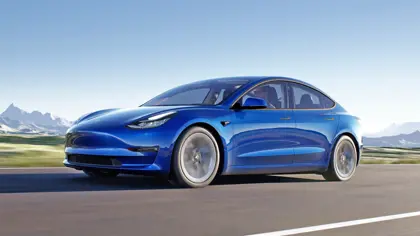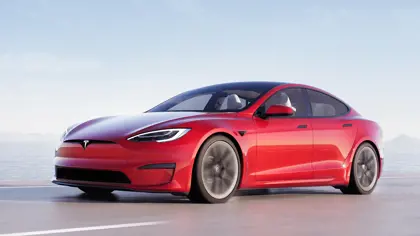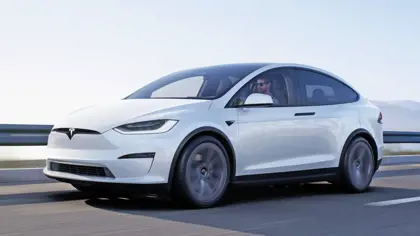What is a Tesla Supercharger?
Find out more about how to access Tesla's electric car charging network, some of which other electric vehicle drivers can now use
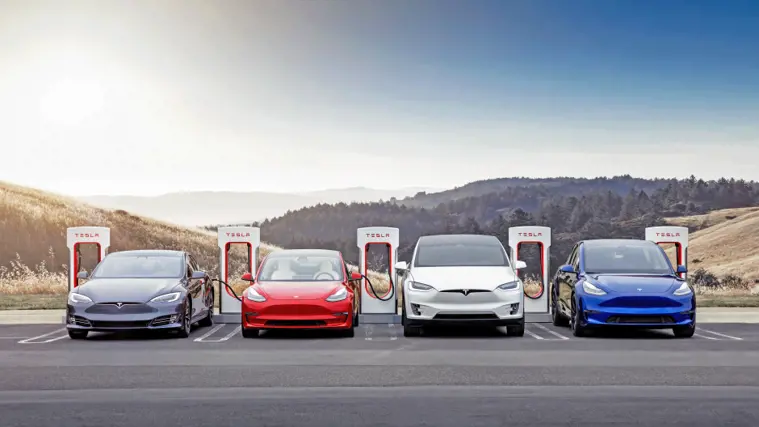
Electric car charging is an integral part of electric vehicle ownership to minimise range anxiety and facilitate long journeys. A key selling point for Tesla is its network of superfast chargers, called Superchargers. Other companies such as BP Pulse, Ionity, and Gridserve have their own charging networks that are accessible to all electric vehicle users.
Tesla has over 800 superchargers at over 90 different locations across the UK, accounting for one in five Briitsh chargers. The UK network forms part of a wider infrastructure across the rest of Europe, and the world, and following the success of opening up the network to non-Tesla owners in the Netherlands in 2021, a similar scheme has started in the UK.
When the scheme opened in the UK, 15 locations were available for non-Tesla owners. This totals 158 chargers in: Aberystwyth, Adderstone, Aviemore, Banbury, Birmingham St Andrews, Cardiff, Dundee, Flint, Folkestone Eurotunnel, Grays, Manchester Trafford Centre, Thetford, Trumpington, Uxbridge and Wokingham.
Tesla Superchargers
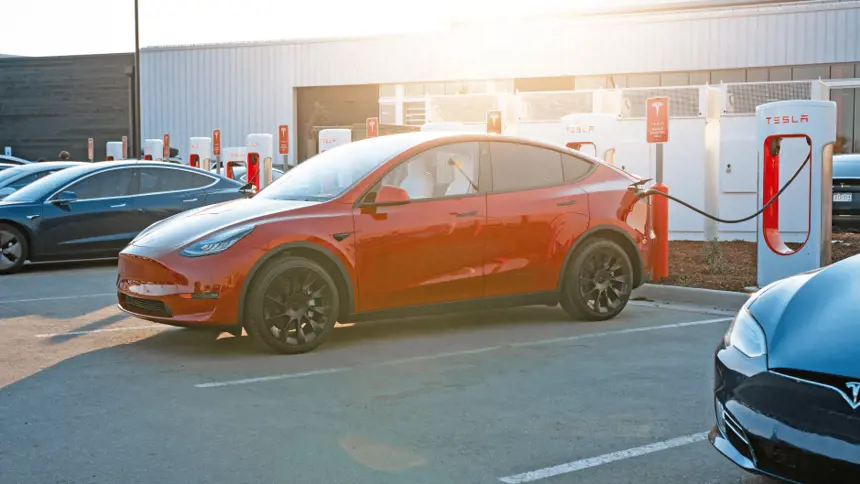
Found at motorway service stations, points of interest, and urban locations, Tesla chargers stand out in the company colours of red and white. Motorway service stations will generally have Tesla’s fastest superchargers that can charge up to 150kW. Some locations have so-called 'V3' chargers which are the most powerful Superchargers with the capacity to charge at a rate of up to 250kWh.
Destination chargers tend to be in car parks and hotels where a driver would typically be for a number of hours. These charge at slower speeds - between 7kW and 22kW - and are often free of charge.
Tesla Superchargers offer some of the fastest charging rates currently available in the UK. Other providers have rapid charging stations which can charge at 50-100kW. Ionity is the only provider offering 350kW charging, which is 100kW more than Tesla's best offering, however very few cars actually support such high speeds with many average EVs capped at 100-150kW. Charging at 250kWh means you could add an extra 172 miles of charge in 15 minutes, or charge from 10-80% in around half an hour.
Tesla owners who purchased their vehicle before 2017 have access to the supercharging network for free. For all other Tesla owners, charging costs start at 28p per kWh, though the company did recently announce a price hike as a result of surging energy costs. Costs can vary at different locations; the Tesla app or the in-car navigation will give accurate fees for every charging point.
Superchargers have two types of cable used to connect to your vehicle. Type 2 cables are used for older Tesla models and the CCS cable is compatible with most new electric vehicles. Cars that use a CHAdeMO connector, like the Nissan Leaf, cannot use the Tesla charging network's high-speed chargers (though they may still be able to draw some power from a Type 2 connector).
Can non-Tesla cars use Superchargers UK
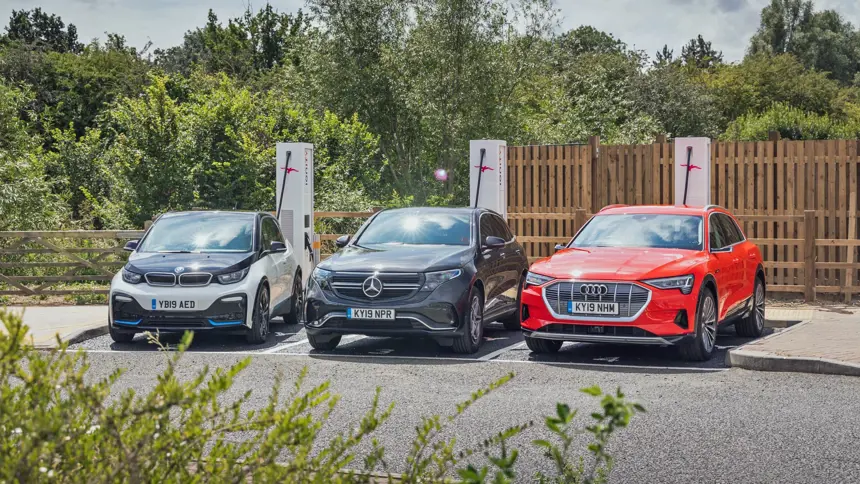
Given the success of expanding the Supercharger network to other electric vehicle owners in Europe the scheme has now come to the UK. The charging network is compatible with vehicles that use a CCS connector, which is what most new electric vehicles use for rapid charging. The BMW i3 and Jaguar I-Pace are both examples of vehicles that use CCS charging ports, making them compatible with the Tesla charging network.
For non-Tesla owners, there is an optional membership of £10.99 a month which brings the cost of charging down. Charging is accessed through the Tesla app, or locations can be found on the Tesla website. This allows customers to see the location, availability of chargers, and the charging status of their vehicle.
Other costs to be aware of are fees for being plugged into a charger after your vehicle has reached full charge, which the company calls 'idle fees'. This fee is incurred when over half of the chargers are occupied, this is to encourage customers to free up chargers when their car has finished charging. An idle fee is charged at 50p per minute if half of the chargers are occupied or £1 a minute if all of the chargers are in use. If you move your car within the first five minutes of it reaching full capacity you won’t be charged an idle fee.
Best Tesla cars
*Representative PCP finance - Ford Fiesta:
48 monthly payments of £192
Deposit: £0
Mileage limit: 8,000 per year
Optional final payment to buy car: £2,923
Total amount payable to buy car: £11,926
Total cost of credit: £2,426
Amount borrowed: £9,500
APR: 9.9%
BuyaCar is a credit broker, not a lender. Our rates start from 6.9% APR. The rate you are offered will depend on your individual circumstances.

